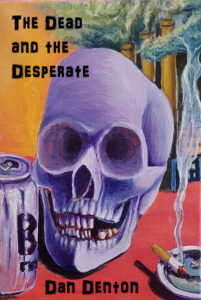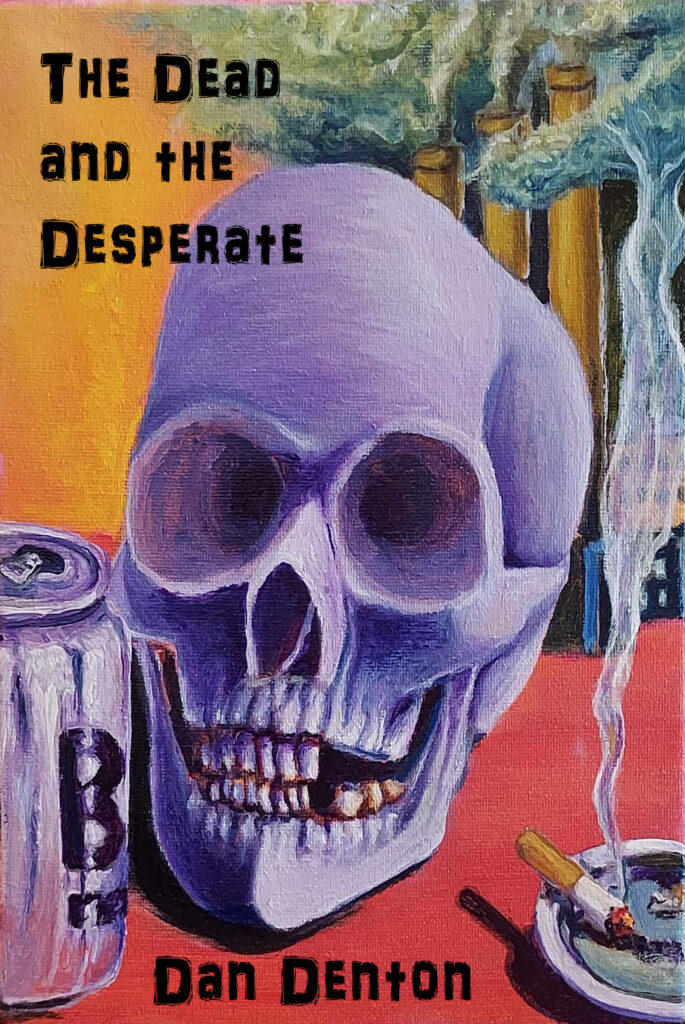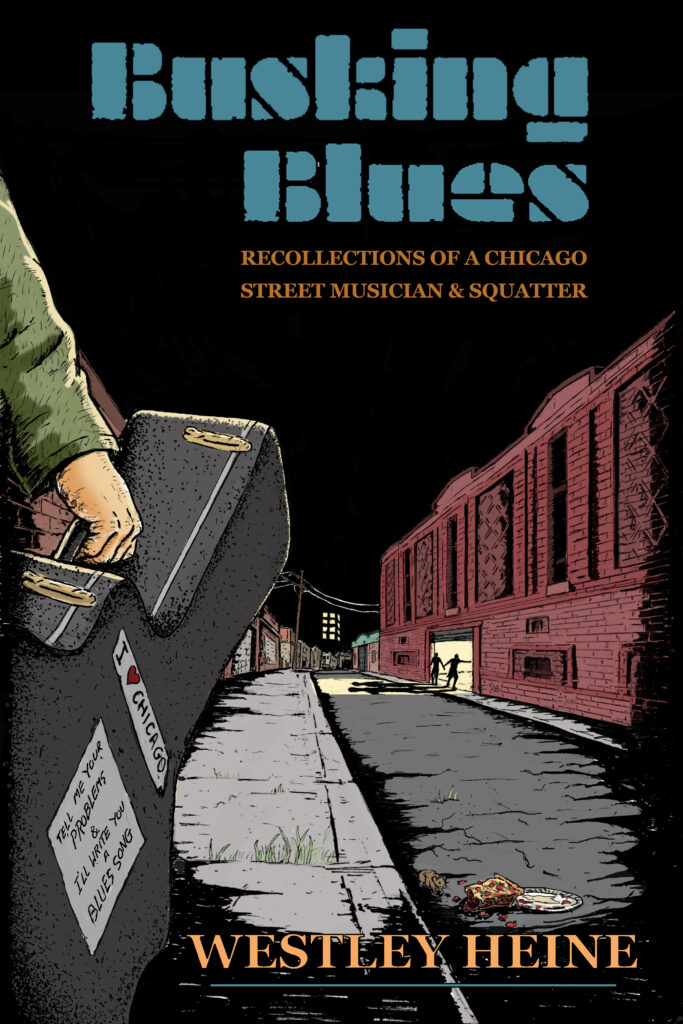 The Beats and later Charles Bukoswki cleared the way for the working class poet, the outlaw writer, and the mental outsider to enter literature. After Buk died in 1994 no one has really replaced his mantle. In the vacuum has swelled a generation of writers who seem to think if they get drunk and write about pussy they are following the tradition. They are wrong. They are missing the point. Dan Denton may be one of the only novelists and poets out there today who can legitimately claim to be a 21rst Century Bukowski, but one with a political consciousness and a more enlightened understanding of the battle of the sexes. Some may say his never explicitly naming using his baby-mamma throughout his new novel is cold, referring to her as “My pregnant girlfriend” etc, but I would argue he is dutifully protecting her anonymity. On the flip side he doesn’t shield himself at all, but exposes himself to the light without wearing protection. He shares the truth. He shares the needle. He writes from the frontlines. He writes from factories, dive bars, cheap housing, the opioid epidemic, from Midwestern places where right-wing values and union concerns are purposely pitted against each other. It’s a lonely thing to be both streetwise and an intellectual in America. But we are less lonely with Mr. Denton. It begs the question: What are people afraid of? The truth?
The Beats and later Charles Bukoswki cleared the way for the working class poet, the outlaw writer, and the mental outsider to enter literature. After Buk died in 1994 no one has really replaced his mantle. In the vacuum has swelled a generation of writers who seem to think if they get drunk and write about pussy they are following the tradition. They are wrong. They are missing the point. Dan Denton may be one of the only novelists and poets out there today who can legitimately claim to be a 21rst Century Bukowski, but one with a political consciousness and a more enlightened understanding of the battle of the sexes. Some may say his never explicitly naming using his baby-mamma throughout his new novel is cold, referring to her as “My pregnant girlfriend” etc, but I would argue he is dutifully protecting her anonymity. On the flip side he doesn’t shield himself at all, but exposes himself to the light without wearing protection. He shares the truth. He shares the needle. He writes from the frontlines. He writes from factories, dive bars, cheap housing, the opioid epidemic, from Midwestern places where right-wing values and union concerns are purposely pitted against each other. It’s a lonely thing to be both streetwise and an intellectual in America. But we are less lonely with Mr. Denton. It begs the question: What are people afraid of? The truth?
Unlike others influenced by the gritty realism of Bukowski or the Beats, Dan knows when writing a good story it’s all about dynamics. A tender little voice for 400 hundred pages doesn’t mean much. A tough guy voice for 400 pages doesn’t mean a damn thing. But when a tough voice pauses, breaks down, and suddenly opens up now you know you are hearing the real deal. It’s like a Humprey Bogart film when he goes from “I stick my neck out for nobody” to doing the right thing at the end. It’s like Lou Reed singing “Heroin” and then suddenly hitting you with “Pale Blue Eyes.” We’re all complicated. We all have both sides. Dan Denton understands the meaning of Bukowski’s “Blue Bird.” The drama lies in first describing your mental armor, and only then cracking it open and letting the world see the light inside. The factory workers, the immigrants, the gay kids trapped in small minded towns, the prostitutes molested as children, from those clinging to religious values desperately to make sense of the world or to those hopelessly clinging to drugs to keep going… I know these characters. Perhaps Dan has gotten to know them more intimately. When one of the characters, Joe, a father who just lost his little girl to cancer, turns to the needle for salvation we don’t judge him. In fact, we understand. Yes Buk, it’s the information age. How can one help but be more and more empathetic? We can all hope our hearts will continue to bloom wide as history cascades forward. Congratulations Dan, you’re leading the picket line.



